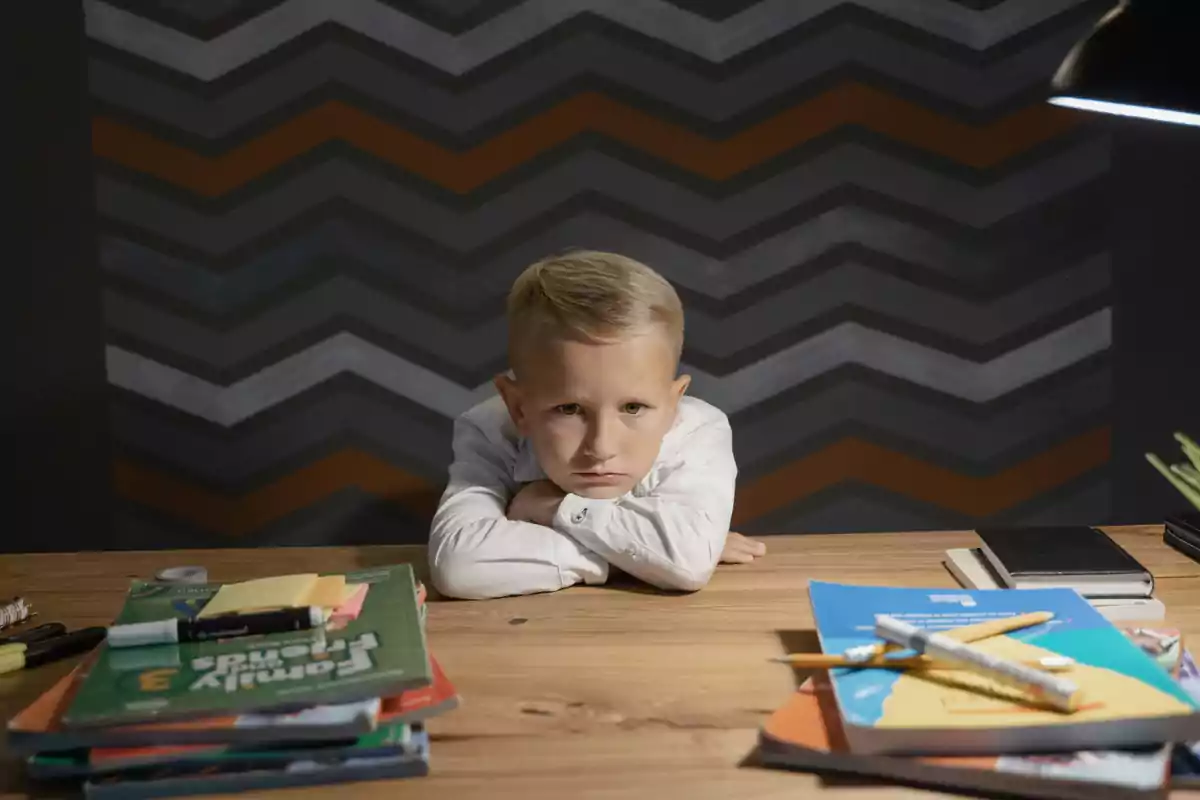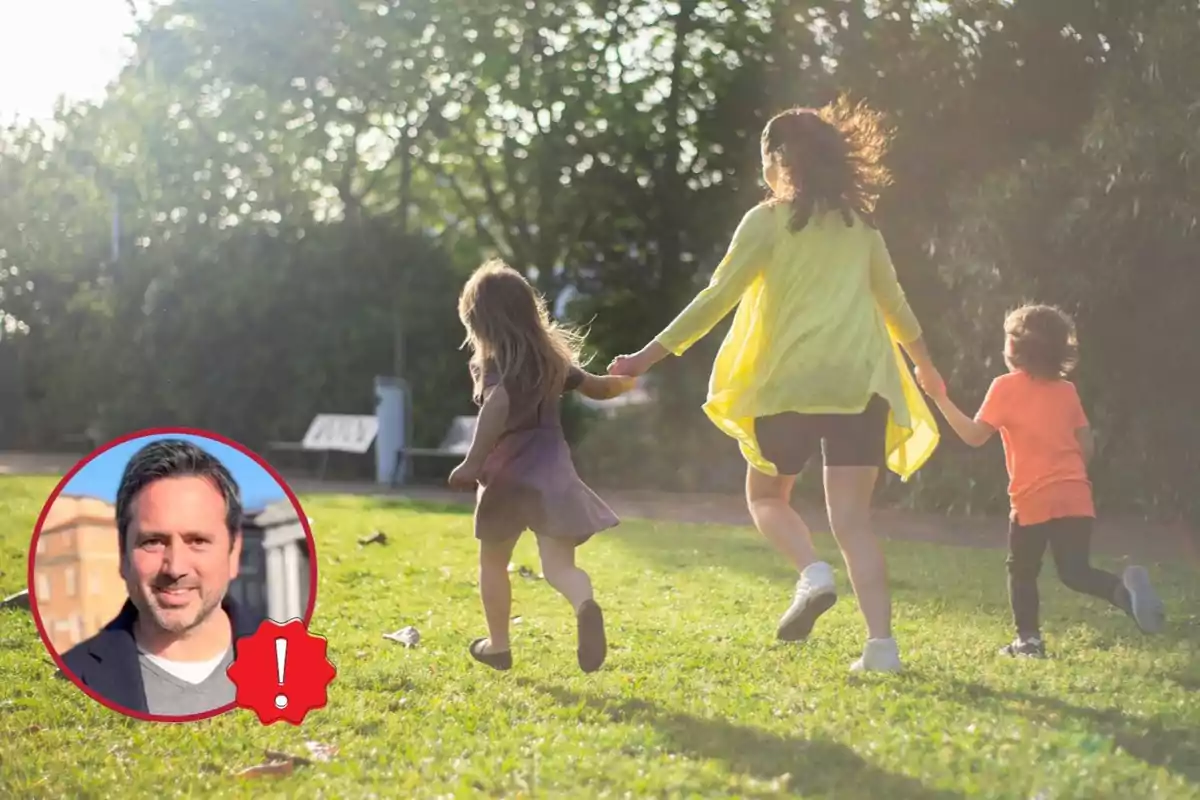Summer can become an emotional minefield if it's not managed wisely. Child psychologist Álvaro Bilbao has explained what the most important attitude parents should adopt during this time is. In a recent video on Instagram, he made it very clear what really makes a difference when living with children during vacation.
In his words, the key with children in summer isn't so much about plans or the number of activities, but about a specific attitude from adults. According to Bilbao, what's most decisive is to show serenity during difficult moments, even when children are overwhelmed. Showing calm doesn't mean repressing emotions, but knowing how to handle them without getting caught in a cycle of yelling or despair.

The challenge for parents during summer vacation
During vacation, the school routine disappears and children usually have more free time than usual. This can lead to impulsive behaviors or tantrums caused by boredom, lack of routine, or accumulated fatigue. In that context, parents' behavior becomes even more relevant, since children tend to imitate what they see more than what they're told.
Bilbao has emphasized that children don't yet have the maturity to regulate their emotions by themselves. That's why, when an adult loses patience, they not only stop helping, but also reinforce the child's emotional confusion. "If you can't keep calm when your children get frustrated or angry, don't expect them to manage it," he explained in his post.

Don't demand what they can't give
The psychologist has stressed that children, by their very nature, are going to make mistakes, disobey, and have exaggerated reactions. For him, it's essential that parents don't expect adult reactions from someone who's just learning to live with their own emotions. "They're going to act like children because they're children," Bilbao reminds, with a clarity that relieves more than one demanding parent.
The true emotional lesson doesn't happen when everything is going well, but in moments of conflict. In that sense, Bilbao insists that parents shouldn't avoid anger, but should show how it can be expressed without losing control. "The key isn't to never get angry or never show our frustration, but to show how we can be angry and frustrated without losing our temper," he pointed out.

How to act when your child loses control
This approach not only educates children, but also reduces family stress levels. If a child is having a tantrum, the last thing they need is an adult joining the chaos with yelling or threats. On the contrary, what helps them most is a father or mother who keeps calm and supports them with firmness and empathy.
In tense situations, Bilbao's advice is not to get caught up in the child's emotional whirlwind. Instead of joining the chaos, parents should position themselves as a point of balance that offers containment and clarity. That attitude of active calm allows the child to return to their emotional center and learn to face difficulties.
Parents' attitude is the best lesson
Ultimately, showing calm isn't just a survival strategy for parents in summer, but an educational tool of great value. It's a way to teach children that emotions aren't dangerous, as long as they're managed with respect and control. That's the most powerful lesson they can receive during vacation.
Bilbao has acknowledged that nobody does it perfectly and that all parents lose their temper at some point. That's why he insists that you shouldn't fall into guilt, but learn from each situation with an understanding perspective. In summer, more than ever, what you convey by example can leave a lasting mark.

